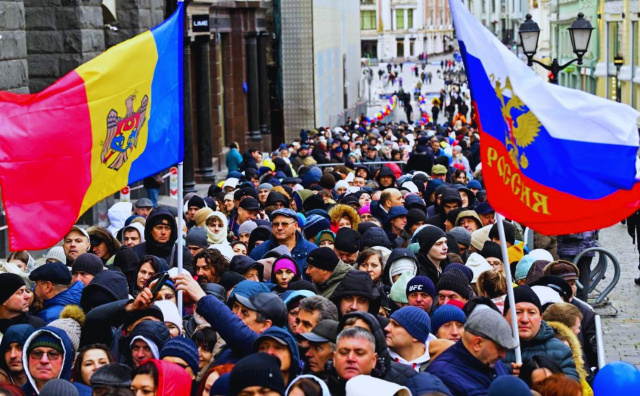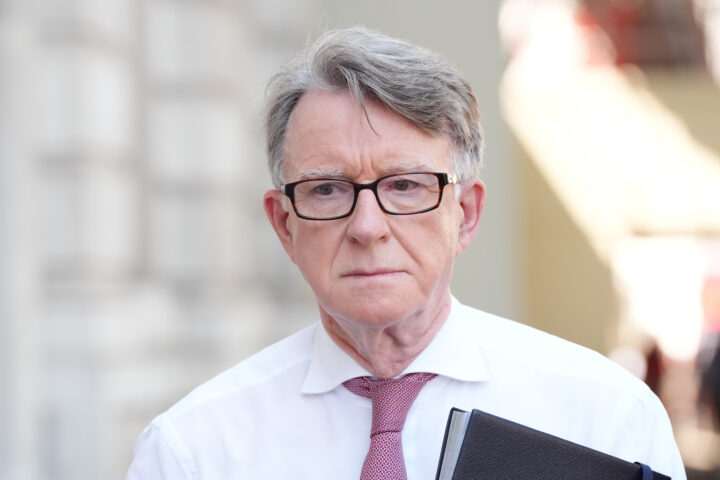Intelligence reports warn of planned violence on election day
Moldova faces a significant security threat ahead of its September 28 parliamentary elections, with intelligence reports pointing to a Russian-backed plan to destabilize the vote. The plot allegedly involves paramilitary training in Serbia, designed to incite violence and disrupt polling. U.S. and NATO officials have urged citizens to avoid Chișinău and large gatherings, citing a high risk of terrorist attacks. Authorities warn the Kremlin intends to delegitimize the elections rather than rely on pro-Russian forces winning outright.
Arrests reveal cross-border training network
Serbian police arrested two men — identified as Lazar Popović and Savo Stevanović — accused of organizing paramilitary training for Moldovan and Romanian nationals. The sessions took place between July and September at an ethno-tourism complex near Loznica. Moldovan authorities detained 74 people linked to the plot, seizing weapons, passports, and cash. Evidence points to coordination from Russia through criminal networks. Videos released by Moldovan prosecutors show instructors from Russia and Belarus training recruits in crowd control, riot tactics, and use of weapons. Some participants entered Serbia under the cover of Orthodox pilgrimages, paying about €400 per trip, with funds reportedly channelled to Russian trainers.
Kremlin’s broader interference strategy in Moldova
Moldovan officials describe the arrests as part of a wider Russian influence operation ahead of the elections. President Maia Sandu accused Moscow of “pouring hundreds of millions of euros to buy votes” and foment unrest. The Kremlin’s tactics reportedly include disinformation campaigns, financing protests, and disrupting public trust in the electoral process. Between June and September, Moldovan youths repeatedly travelled to Serbia for training. Similar activities were recorded before Moldova’s 2024 elections. Pro-Russian oligarch Ilan Shor publicly offered monthly payments to citizens joining protests. Moscow’s broader aim is to prevent Moldova’s pro-European trajectory and to maintain influence over its politics, with violence designed to cast doubt on election legitimacy.
Serbia’s contested role in the operation
The use of Serbian territory for paramilitary training has sparked political controversy. Serbia, balancing ties between Russia and the West, has not imposed sanctions on Moscow. Serbian authorities arrested the suspects in coordination with Moldovan intelligence. One, Lazar Popović, previously advised a pro-Kremlin minister, raising concerns about possible official complicity. Opposition figures have questioned whether the state turned a blind eye. The training camp operated under the guise of a tourist complex, with instructors rotating to avoid detection. Serbia has a history of hosting Russian-linked paramilitary groups, a factor critics say enabled the operation until exposure forced police action.
Political actors implicated in Moldova’s unrest
Several Moldovan political and paramilitary actors are linked to Russia’s interference campaign. Oligarch Ilan Shor, sanctioned by the U.S. and EU as a Russian agent, is accused of financing anti-government protests. Former President Igor Dodon’s Patriotic Bloc, a coalition of pro-Russian parties, was implicated by arrests, though Dodon denies wrongdoing. Authorities say some detainees belonged to his political camp. These actors form part of a broader network used to mobilize protests and undermine Moldova’s democratic processes.
Risks to Moldova’s democracy and European stability
Experts see Russia’s actions in Moldova as a form of hybrid warfare combining covert action, political influence, and propaganda. Destabilizing Moldova could derail its EU and NATO aspirations and weaken democratic legitimacy. President Sandu warned that pro-Russian influence could turn Moldova into a “launchpad for hybrid attacks on the European Union.” For Moscow, maintaining Moldova within its sphere of influence serves wider geopolitical aims. For Europe, the challenge lies in countering such operations without undermining regional stability.
Serbia faces scrutiny over training camp scandal
The arrests have intensified scrutiny on Serbia’s role in regional security. Officials pledged cooperation with Moldova’s investigation, but political opposition has accused the state of tacitly approving pro-Russian paramilitary activity. This episode may complicate Serbia’s EU ambitions and deepen divisions over its position toward Russia. The case underscores concerns about the use of covert training facilities to destabilize neighbouring states and the need for stronger regional security coordination.















